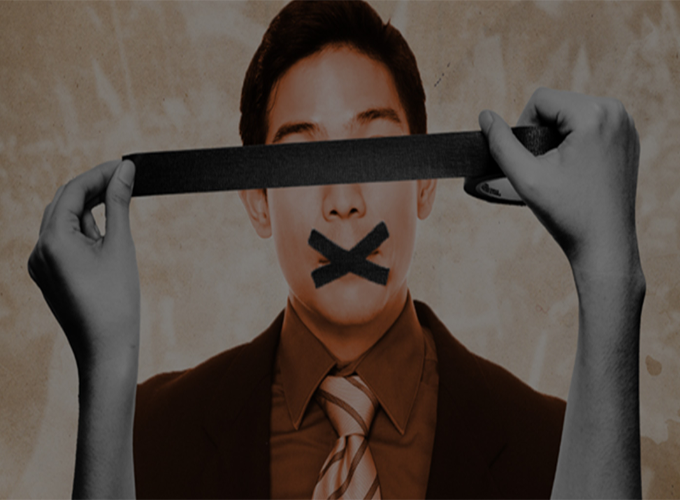
By Jodesz Gavilan and Sofia Tomacruz
MANILA (Asia Pacific Report/Rappler/Pacific Media Watch): Human rights activists say that the conduct of both physical and communication surveillance is prone to abuse and is a violation of a citizen’s right to privacy. If left unchecked, it can lead to 'far worse attacks.'
- Human rights groups say the administrations of Gloria Macapagal Arroyo and Rodrigo Duterte are similar in their "intensity" of use of state surveillance
- The conduct of state surveillance can lead to abuse and violate a citizen's right to privacy
- The secrecy surrounding state surveillance in the Philippines makes it hard to hold accountable state agents who violate the right to privacy
- The Commission on Human Rights can help those placed under state surveillance without probable cause because they can conduct investigations and issue subpoenas to state agents
READ MORE: State surveillance - A necessary evil?
State surveillance is not new to the Philippines. Administrations across history had engaged in this monitoring to protect national security – to prevent terrorism, rebellions, and attacks.
The conduct of both physical and communication surveillance, however, can lead to abuse and violation of a citizen's rights to privacy when left unchecked. It also plays a role in silencing dissent and valid criticism, according to human rights activists.
Two administrations post-Marcos stand out when it comes to state surveillance – those of Gloria Macapagal Arroyo and President Rodrigo Duterte.
While the Arroyo administration allegedly had a so-called "Order of Battle" (OB), Amnesty International Philippines Chairperson Ritz Lee Santos said that the Duterte version is reportedly called "persons of interest."
The list allegedly includes activists and individuals the administration deemed to be critical.
There are several ways by which surveillance can be carried out, such as through wiretapping, bugging, or physical monitoring.
READ MORE: What you need to know about state surveillance
"We have monitored several instances of physical surveillance," said Kaparatan secretary general Cristina Palabay. "May nagmamanman, may naghihintay sa amin sa labas (there are people on tailing us, waiting outside) so we had to cancel some meetings, of course, because you can never tell what's next."
One of these incidents includes the discovery of a tracking device in Karapatan's service van. It was discovered after they got the vehicle back from custody at the Manila Police District during the Association of Southeast Asian Nations (ASEAN) Summit in November 2017.
There were also many hacking attempts of the social media accounts of several human rights activists, according to Santos.
"There are attempts to hack my account, even my email address," Santos recalled in a mix of English and Filipino. "Because I have this setting on my phone, I get informed if there are attempts to open my email or social media account."
Jodesz Gavilan and Sofia Tomacruz have compiled this article as part of a special report series for the independent website Rappler. The website is fighting for survival against a “war on press freedom” being waged by the Duterte government in the Philippines. Read the full series here. Rappler has been running a campaign under the slogan “Support a free and fearless media” for the past six months.
Read the full report at Rappler or Asia Pacific Report
This work is licensed under a Creative Commons Attribution-NonCommercial 3




